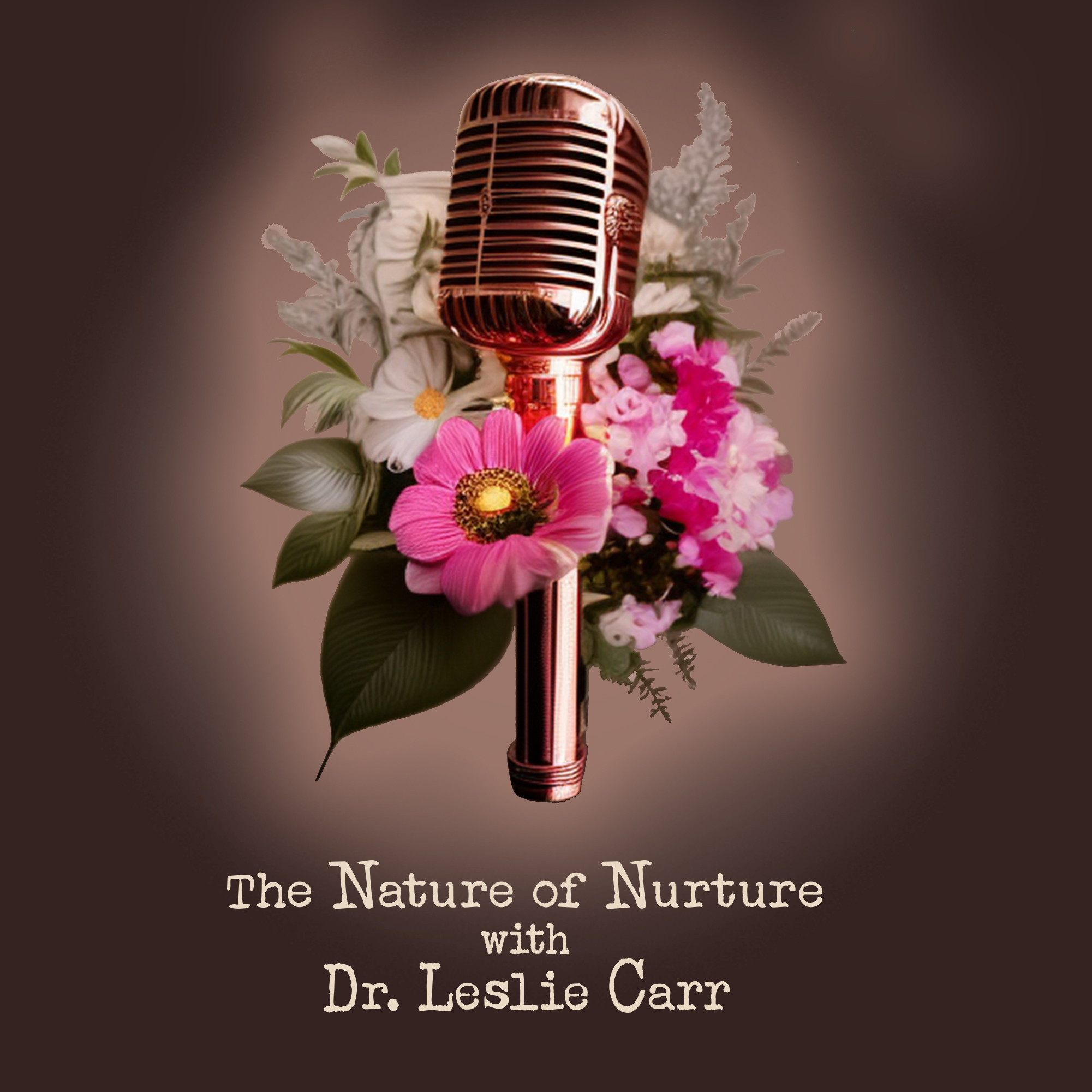“Sometimes, late at night, I’m visited by dread and shame. I lie in bed and think of somebody else’s life. I imagine the love that they’re getting and the relief that comes from being really known. The private pleasures they share. The friends they have and the pressures they don’t. Their sense of importance. The satisfactions of their work. I imagine how fulfilled they are, and how rich their life is. In these moments, I feel empty and wanting.” – The character Amy, in HBO’s “Enlightened”
Recently it’s come to my attention, with various people and in totally coincidental ways, that a lot of people are really struggling right now with the belief that Other People’s Lives are somehow better or more gratifying than their own. Both in my personal, as well as my professional life, I’m getting the consistent feedback that some people are seeing the lives of others from a distance – whether on Facebook, Twitter or in the real world – and then filling in the blanks in such a way that they assume that those lives are glamorous, satisfying and problem-free.
The tendency to think this way is far from new, but in the age of social networking, it seems to have really amped itself up. I have friends, for example – wonderful people with good lives – who are veering away from Facebook more and more because other people’s status updates are filling them with jealousy, as well as with the belief that their own lives are boring by comparison. As a therapist, it seems to me that this kind of thinking is not only mistaken, but that it has the potential to be psychologically damaging.
Why I Believe This Kind Of Thinking Needs to Be Adjusted
At the risk of sounding like I’m stating the obvious here: People do not, generally speaking, post pictures of themselves online when they’re crying or in an argument. They don’t post status updates about their grief, their humiliations or their low self-esteem. No, people (especially on Facebook) show us want they want us to see. Sometimes that’s intentional and deliberately crafted, but it also sometimes happens simply because people aren’t naturally inclined to post about the hard parts of their lives. That doesn’t mean that the hard parts don’t exist though! Moreover, while it may be hard to imagine, what we often underestimate when we think this way is that other people sometimes make these assumptions about us.
Let Me Give You An Example
A couple of months ago, a client of mine came into session wanting to talk about an internal reaction that she had to a woman she’d seen walking up the street near my office. Evidently this woman was beautiful and well-dressed, and this prompted my very lovely client to make all sorts of assumptions about her. This woman had money; she was happy; she “had it all together” and “didn’t have any problems.” The funny thing about this, for me, is that this client is a very attractive and talented young woman, and she possesses many enviable attributes. I also happen to know that while there are things that have happened and are happening in her life that bring her pain, she talks about them with almost no one other than me, so I can all but guarantee that other people sometimes have the same reaction to her that she had to this woman. What’s perhaps even wilder is that this isn’t the only example of this kind of exchange that I’ve had in my clinical work recently. I’ve had several patients over the course of the past couple of months who have expressed this sentiment – that they have problems, but that other people don’t – when I have felt very sure that other people perceive them similarly.
Why I Don’t Subscribe to This Philosophy
Perhaps it’s the benefit of being a therapist, or the fact that I’ve had the privilege of knowing a number of people with seemingly charmed lives who have trusted me enough to show me the mold in their mental basements, but I just don’t buy into this notion that anybody’s life is perfect. We all have our baggage. We all suffer. Sadly, it’s the very nature of life. We only serve to make ourselves feel bad if we go around thinking that we have problems and that other people don’t.
Photo Credit: Carmela Alvarado


















